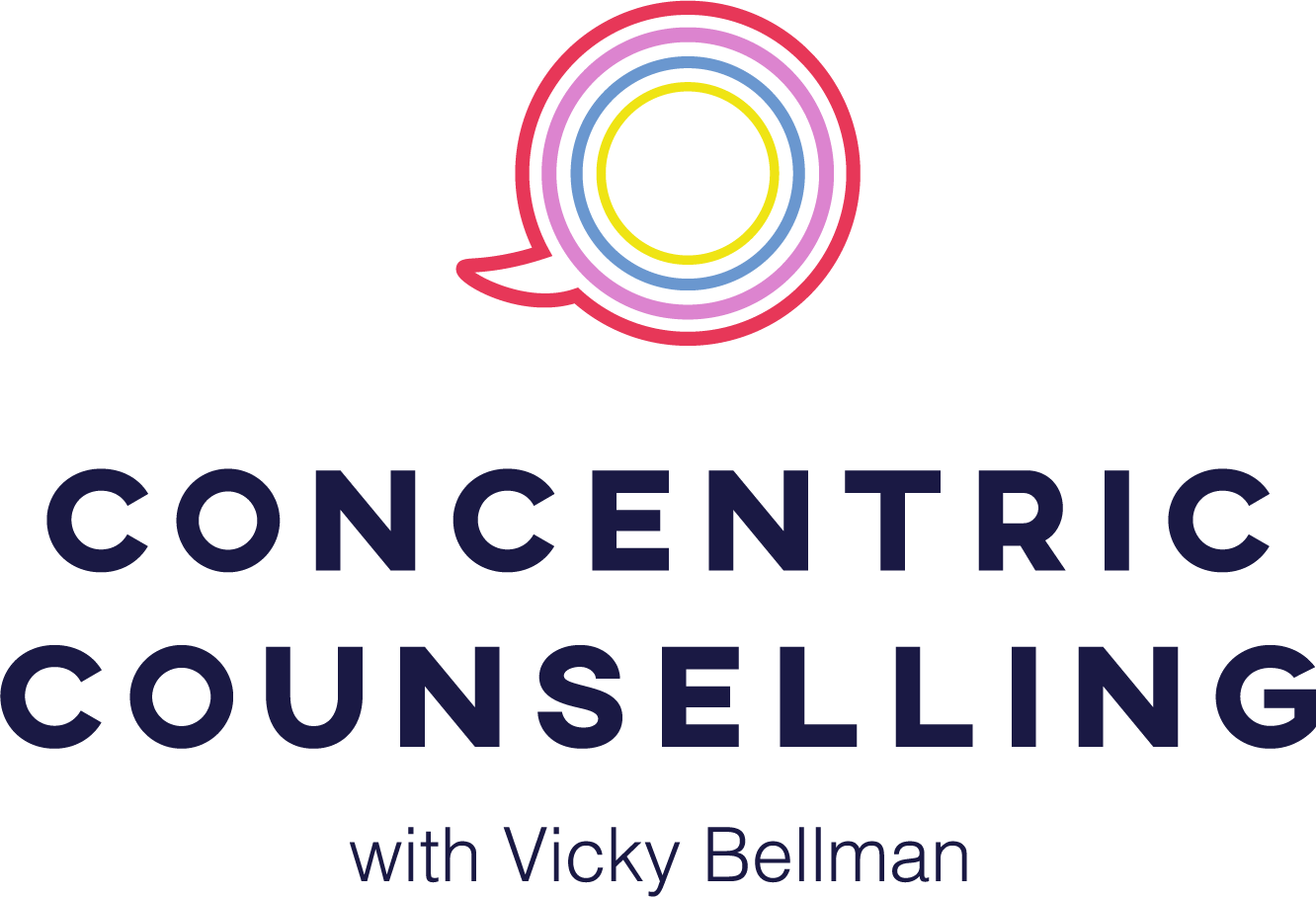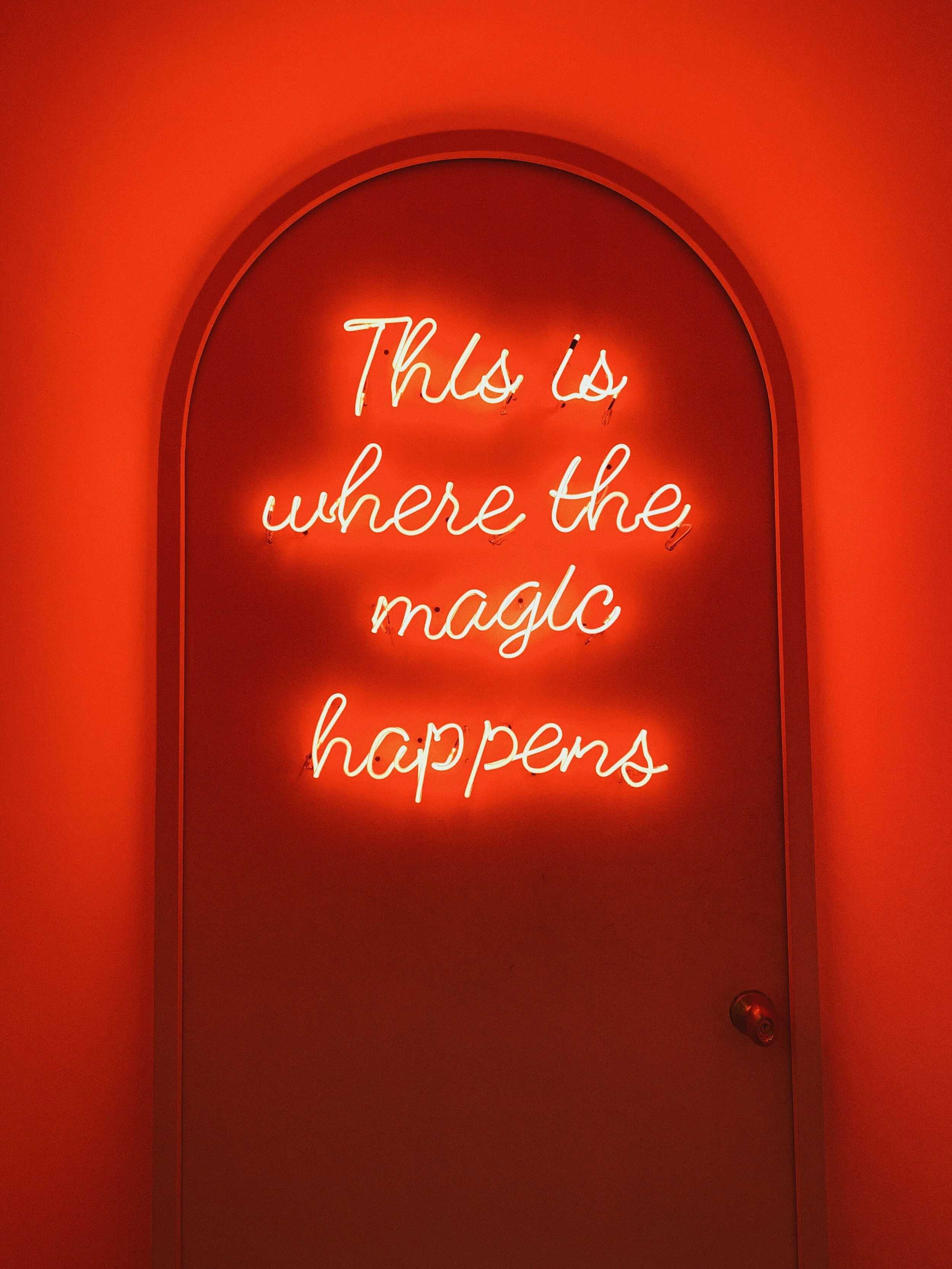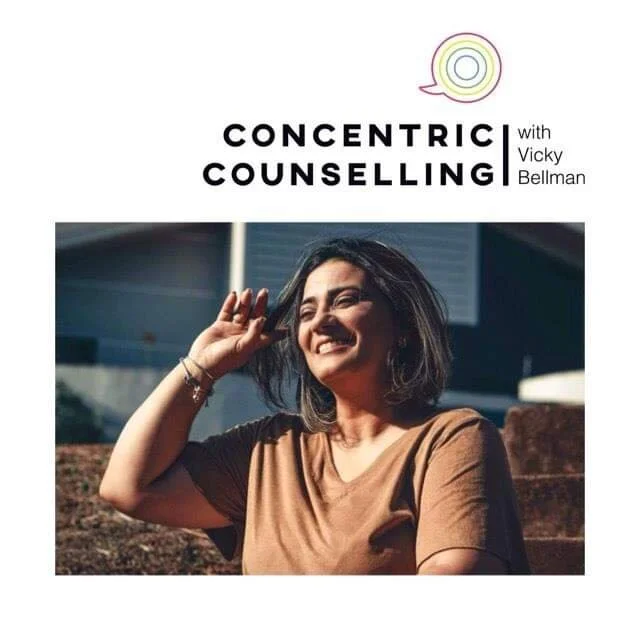When your #metoo feels like #metoo?
There are some stories, in which it was no surprise when we found out the name of the perpetrator - men so rich in power, money and control, with little to no accountability, that it was easy to see how they could twist and exploit circumstances for their own gain. And, to be clear, sexual assault is about power and control; this is not a conversation about men with a high sex drive - this is a conversation about men who get what they want in business, and expect what they want in all other areas of life, at the expense of consent.
And, then, there are some stories in which the perpetrator is a surprise or, even, a disappointment. Last week was one of them - Aziz Ansari, a man so many of us considered to be an ally. A self-proclaimed feminist! A friend of Amy Poehler! His credentials were so good, and we were so surprised. Almost immediately, there was a backlash, even within progressive and feminist spaces, that this encounter wasn't assault-y 'enough'; 'why didn't she leave?', 'this is just bad sex', 'she should have known what men are like', 'this has happened to all of us'. And, immediately for me, my heart went to all the women I've worked with, or spoken to, or known of, and all those not known to me, who have had their own stories questioned, and who have had to fight for the validity of their experience of sexual assault. The women who hesitated before sharing their #metoo experiences, because it was... #metoo? I think?
So it felt really important to write about this - to say.... this is assault, and in my practice room it is recognised as such; you will be believed. And to align with victims and survivors around the world for whom this story represents yet another attack - an attack of the validity of their experience, and of themselves.
'Why didn't she leave?'
This is a question that women have had to answer throughout time. Until relatively recently, the answer was clear - where would she go? How would she survive? History has done a pretty good job of tying the survival of women to the whims of man. Why do women wear heels? So they can't run. Why do dresses not have pockets? So that women could take less if they left. The vulnerability of women has often been by design, and we are a legacy of our foremothers. We are as much a legacy of the ones who couldn't leave, as we are the ones who fought so we could.
I consider this to be cultural abuse; when a culture around an issue is so toxic that it is abusive. Oh, how I wish that our culture were more trauma informed! So often, women ask me in their sessions - why didn't I leave back then? Why didn't I leave earlier? And I share with them the analogy that I learned in my training - the frog in water. If a frog is put into a pan of hot water, it would instinctively jump straight back out again. Clever. But if a frog is put into cold water, and then the heat is very slowly and gradually turned up, the frog thinks it's safe. It doesn't notice the water gradually warming up, until its nervous system is compromised and its ability to leap is impaired. So it is with abuse - the heat is gradually turned up.
In those times, it's not our cognitive mind that is in charge (eg we don't simply think, 'there is a door and that will provide access to exit and escape - I will work to that door and leave) - it's our instinctive mind that's ruling the roost when there is threat around. When we are in these vulnerable situations, it provokes Acute Stress Response - that is, our Flight, Fight, Flop, Freeze or Friend response. Our choice of response happens in a split second, based on what is likely to give us the best chance of survival; it is out of awareness and always well-intentioned and self-protective. Do you see a couple of options there that you didn't know before? Flop (play dead), Freeze (like a deer in a headlights) and Friend (where we attempt to win our attacker over with charm and flattery) are all recognised acute stress responses, but rarely get spoken about because they are the more passive options. But, passive or active, we choose our response based on what is likely to provide the greatest chance of survival, based on thousands of years of nature, and a lifetime of nurture.
When I read the account of 'Grace', I recognised it. I recognised the hard push of men, who then back off to let things cool down, and start all over again five minutes later; the shady area where Unacceptable Behaviour overlaps with Routinely Culturally Accepted Non-Acceptable Behaviour. There was just enough rest time in between those pushes, to allow Grace to think the heat had been turned down. To calm her Acute Stress Response, and to allow her to feel that she was safe again, before her out-of-awareness risk assessment had to start all over again.
'This is just bad sex'
Um, this is a cultural issue too, and one that presents often in the counselling room, when women turn their experience over and over, wondering how they contributed to their own assault, or how whether it was even an assault at all. The bar has been set *low* for women's experience of sex and, when even women are signing off on this assault as being 'just bad sex' we know how entrenched this message is. We can read the account, we can see the coercion... and still it's not his problem! Still, it is the woman's problem - just bad sex, just her cross to bear. As Judith Lewis Herman says:
“In practice, what constitutes rape is set not at the level of women’s experience of violation but just above the level of coercion acceptable to men”
Coercion seems to be an accepted part of the prelude to sex, and we need to challenge this again and again. Again, in terms of cultural abuse, this is cultural gaslighting - our culture normalises harrassment and abuse to such an extent that we are left questioning whether our definition is even accurate. Again, to say it explicitly, it is not ok to coerce a woman into sex through flattery or persistance. Our culture romanticises this idea - the woman pinned against the wall by a handsome man, fighting (often slapping) advances, until she relents to the kiss. It's underpinned by popular culture (have you ever looked at the lyrics to 'Baby, It's Cold Outside' through the lens of rape culture? And don't *even* get me started on Blurred Lines), and reinforced by porn, where the preamble to sex is often an unwilling woman being coaxed into sex that turns out to be what she really wanted all along (spoiler alert - it isn't what she wanted all along). But coercion isn't flirtation - flirtation has a strong foundation of mutual empathy, desire and enthusiasm. And unwanted sexual attention isn't 'bad sex' - it's assault.
'She should have known what men are like'
This is basically the grown up version of 'boys will be boys', which is to say that the not-ok behaviour of men is often dismissed as being inherently male. And, truly, that's just an insult to men. It is an insult to think that men are inherently violent and controlling, or that they inherently don't have the mental capacity to understand consent. It's one of the reasons I'm so passionate about working with men - because I believe that these messages are socialised, and I believe we can unlearn toxic behaviour and choose healthier ways of being and relating.
“The argument that ‘boys will be boys’ actually carries the profoundly anti-male implication that we should expect bad behavior from boys and men. The assumption is that they are somehow not capable of acting appropriately, or treating girls and women with respect”
'She should have known what men are like' is often something we hear from other women, which can kick hard; we assume we can count on our gender as our allies. But internalised misogny runs deep, and it serves an out-of-awareness purpose; it can keep us safer, by keeping us 'in' with those who are more likely to hurt us. When the news broke yesterday of the all-male charity event that allowed women only as hostesses to be groped, one of the first 'talking heads' I heard was a woman on the Radio 2, who dismissed the affected women as 'airheads' who 'should have known better' - 'what did they expect?' as she had often seen this behaviour in her local rugby club. Under scrutiny, as Jackson Katz says above, it's a profoundly anti-male statement, but then often widely held views don't bear scrutiny - it's why challenging ourselves and bringing ourselves into awareness can be a destabilising experience. This belief is everywhere and, for victims and survivors of sexual assault and abuse, it can feel unsafe. And it's one of the reasons why I wanted to write this article; to shine a light on this issue, and establish my practice as one in which I am committed to ongoing challenging beliefs, values and attitudes, before claiming them as my own, or rejecting them as harmful or unhelpful.
this has happened to all of us
This is, I think, a profound sadness of women, that in order to acknowledge that Grace was assaulted, we then might have to reexamine our own histories, and reframe how we saw previous encounters. And, when we have to do that, we feel vulnerable and violated, and often very angry. That's an uncomfortable process, and one that so many people try to avoid, and understandably so. We're humans, and we naturally want to feel safe. If you want to read one woman's process of the Aziz Ansari story, head here for a brave and honest account of her response.
A changing cultural approach to consent will result in loss; necessary losses, but losses nonetheless. For women, it will result in the loss of innocence; to accept that some of our memories weren't flattering or flirtatious, but were something darker and more threatening. And, for men like Aziz and Louis CK and James Franco et al, it will result in the loss of being able to rely on sex, because of a power dynamic that works in their favour. For all men, it *should* result in the loss of some time, as they examine some of their own sexual encounters and whether they have always behaved in a respectful, consensual way to women. And, as a culture, we need to engage in this process, to move to a more 'yes means yes' approach to consent; the absence of 'no' isn't enough - consent needs to be ongoing, enthusiastic and affirmative - here's a great breakdown of this approach to consent by the ever-lovely Courtney Act.
no greater honour
As counsellors and therapists, we usually seek to keep maintain impartiality; that we don't bring our own selves in to the counselling room, so as to leave the space solely for the client. And I have thought twice about how explicit to make the message in this article, because I am as committed as I ever have been to providing a non-judgmental therapeutic experience where we can work collaboratively to process your experiences, to make the changes you want to make, and to increase your satisfaction in your life. But the old Freudian belief that the counsellor is a blank screen is outdated and, in instances of sexual abuse and trauma, can be actively harmful, if the client is questioning whether the person in front of them is a reliable and trustworthy witness to their experience. It's for these reasons that I decided to write a pretty long, pretty clear article in response to this news story.
My shero when I was training was Judith Lewis Herman, who wrote Trauma and Recovery, my most annotated book ever (and that includes my A Level copy of Dubliners!). She's such an authority of this area of work that she is the foundation of my understanding of the dynamics of power and control in abusive circumstances; hence why I'm just about to quote her for the second time in this article. She is an inspiration in how to maintain therapeutic boundaries whilst displaying integrity and congruence, and says it better than I could:
“Though frightening, these attacks [on therapists that have stood with oppressed groups] are an implicit tribute to the power of the healing relationship. They remind us that creating a protected space where survivors can speak their truth is an act of liberation. They remind us that bearing witness, even within the confines of that sanctuary, is an act of solidarity. They remind us that moral neutrality in the conflict between victim and perpetrator is not an option. Like all other bystanders, therapists are sometimes forced to take sides. Those who stand with the victim will inevitably have to face the perpetrator’s unmasked fury. For many of us, there can be no greater honor”











